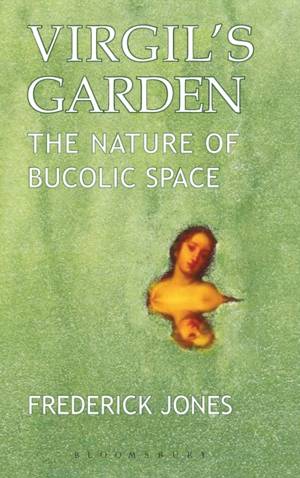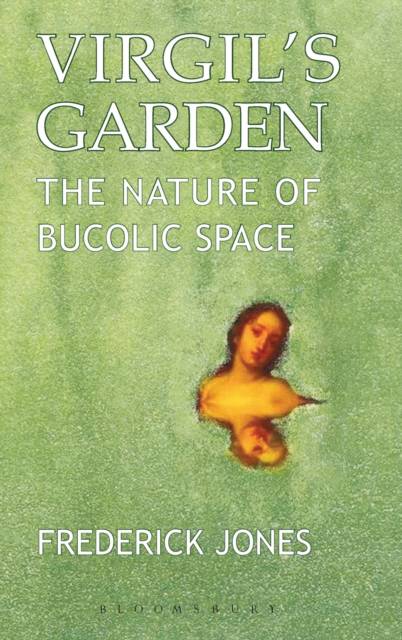
- Afhalen na 1 uur in een winkel met voorraad
- Gratis thuislevering in België vanaf € 30
- Ruim aanbod met 7 miljoen producten
- Afhalen na 1 uur in een winkel met voorraad
- Gratis thuislevering in België vanaf € 30
- Ruim aanbod met 7 miljoen producten
Zoeken
€ 339,45
+ 678 punten
Uitvoering
Omschrijving
Virgil's book of bucolic verse, the Eclogues, defines a green space separate from the outside worlds both of other Roman verse and of the real world of his audience. However, the boundaries between inside and outside are deliberately porous. The bucolic natives are aware of the presence of Rome, and Virgil himself is free to enter their world.
Virgil's bucolic space is, in many ways, a poetic replication of the public and private gardens of his Roman audience - enclosed green spaces which afforded the citizen sheltered social and cultural activities, temporary respite from the turbulence of public life, and a tamed landscape in which to play out the tensions between the simple ideal and the complexities of reality.
This book examines the Eclogues in terms of the relationship between its contents and its cultural context, making connections between the Eclogues and the representational modes of Roman art, Roman concepts of space and landscape, and Roman gardens.
Virgil's bucolic space is, in many ways, a poetic replication of the public and private gardens of his Roman audience - enclosed green spaces which afforded the citizen sheltered social and cultural activities, temporary respite from the turbulence of public life, and a tamed landscape in which to play out the tensions between the simple ideal and the complexities of reality.
This book examines the Eclogues in terms of the relationship between its contents and its cultural context, making connections between the Eclogues and the representational modes of Roman art, Roman concepts of space and landscape, and Roman gardens.
Specificaties
Betrokkenen
- Auteur(s):
- Uitgeverij:
Inhoud
- Aantal bladzijden:
- 208
- Taal:
- Engels
Eigenschappen
- Productcode (EAN):
- 9780715638675
- Verschijningsdatum:
- 15/06/2011
- Uitvoering:
- Hardcover
- Formaat:
- Genaaid
- Afmetingen:
- 157 mm x 236 mm
- Gewicht:
- 498 g

Alleen bij Standaard Boekhandel
+ 678 punten op je klantenkaart van Standaard Boekhandel
Beoordelingen
We publiceren alleen reviews die voldoen aan de voorwaarden voor reviews. Bekijk onze voorwaarden voor reviews.








